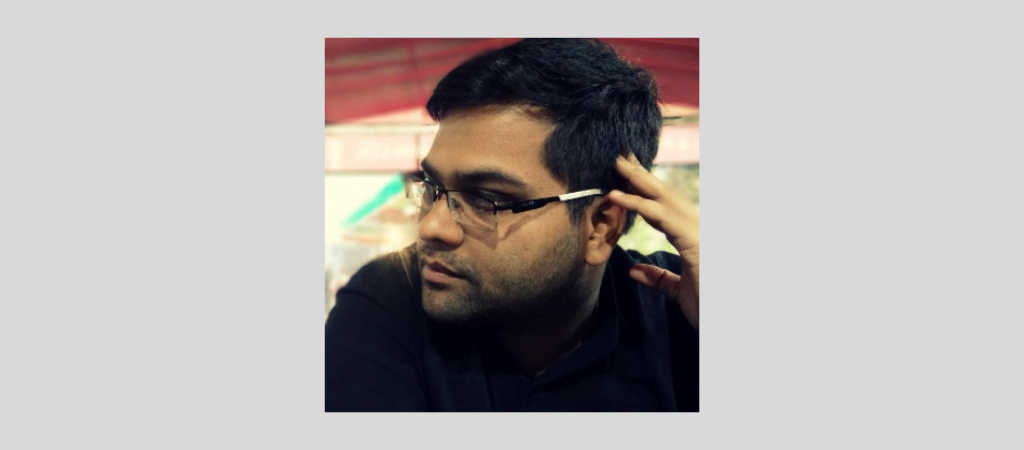The World Cup and Politics of the Pandemic in Qatar

The COVID-19 pandemic, much like the influenza pandemic a century ago, has “accelerated history” instead of marking a turning point in history. In Qatar, with the World Cup on the horizon, the pandemic has accelerated tendencies that emerged during the GCC diplomatic crisis of 2017–20. Yet these tendencies carry within themselves the kernel of significant socio-economic and political changes that will be visible long beyond next year’s tournament.
The standoff with the UAE and Saudi Arabia since June 5, 2017 made the country more self-sufficient, particularly in terms of food security and infrastructure. The challenges posed by the pandemic have been more modest than those produced by the rift with its neighbors. On both occasions, non-citizens living in Qatar have made common cause with citizens to ensure that personal rewards and macroeconomic growth dovetail with each other.
Over the past decade, researchers such as Neha Vora and Natalie Koch have shown how resident aliens or “migrants” in GCC countries, including Qatar, display growing loyalty and belonging to their host states. This kind of civic nationalism is visible on special occasions such as National Day, but it is also apparent in proliferating images of the Qatari flag and the Emir that circulated on social media during the blockade and the pandemic. Western media generally fails to report on migrants’ notions of belonging in Qatar, but it coexists alongside the billions of dollars in remittances from the Gulf to migrant-sending countries in Asia and Africa.
During the pandemic, most migrants chose not to go home but to stay in Qatar. They received vaccine shots as priority workers early in 2021 even as they watched in horror as the pandemic engulfed societies back home. The few who contracted the virus reported receiving healthcare of a quality not available in their home countries. Community leaders were contacted by the state to ensure that COVID-19 regulations were communicated clearly and regularly in the six leading languages spoken in the country (Malayalam, Hindi, Urdu, Bengali, Nepali, and Tagalog) in addition to English and Arabic. Such a politics of care and hospitality towards non-citizens is unheard of in North Atlantic societies where narrowly-defined nationalisms, even xenophobia, define democratic public spheres.
In recognition of this growing sense of migrant belonging in Qatar, the host state has introduced a number of reforms during the pandemic. Firstly, it has brought in a new minimum wage law to protect migrant labor and new labor market regulations to ease job changes. These labor reforms formalize a regime of labor welfare that goes beyond the controversial informal system of sponsorship (kafala). Secondly, non-citizens can not only invest and own property, but claim permanent or renewable residence permits as property owners. Thirdly, Qatar has recently opened up key sectors of the economy, most notably banks, to 100% foreign ownership. The message is clear: foreign capital as much as foreign labor and expertise hold the key to Qatar’s national development, and it is not a handful of wealthy Western expatriates being courted here.
The end of the “blockade” in the middle of the pandemic mattered far less than the gradual reopening of the economy to full capacity over the calendar year. With vaccine boosters scheduled in the last quarter of 2021, the Arab Cup this winter will offer a preview of what lies ahead for fans and organizers next winter. From October 3, 2021, restaurants, cinemas, offices, and educational institutions will open at full capacity for the first time since the pandemic struck Qatar. As a symbol of social normalcy, shisha, too, will make a long-awaited comeback in Doha. COVID-19 notwithstanding, Qatar is ready to invite the world to its greatest-ever party.
Lest there be any doubt, Qatar is signaling its readiness to host next year’s World Cup by holding elections for the first time to its Shura Council. Two-thirds of the 45-member legislative body were elected by eligible citizens. While this step towards political liberalization cannot be seen as democratization, it goes far beyond the rigid autocracies in neighboring UAE and Saudi Arabia that deny any voice whatsoever to citizens. In Qatar, those who found their voice during the blockade and the pandemic will now have institutional channels to express themselves on social and political issues that matter to them. Young women are particularly active in these elections, pushing for greater educational opportunities and citizenship for children of mixed marriages.
Looking back, the pandemic has accelerated political liberalization in Qatar in terms of the rights of non-citizens and women who make up approximately 95% of the country’s population. Far from surprising yet far from complete, this is the culmination of two decades of reforms. Visitors to next year’s World Cup will experience Qatar as it truly is, departing from the propaganda and clichés to which they might be accustomed.
Article by Uday Chandra, Assistant Professor of Government at Georgetown University in Qatar.
Uday Chandra is an Assistant Professor of Government at Georgetown University in Qatar. His current research focuses on the cultural politics of migration in Doha.
Read more about the Building a Legacy: Qatar FIFA World Cup 2022 project here.
The posts and comments on this blog are the views and opinions of the author(s). Posts and comments are the sole responsibility of the author(s). They are not approved or endorsed by the Center for International and Regional Studies (CIRS), Georgetown University in Qatar (GU-Q), or Georgetown University in the United States, and do not represent the views, opinions, or policies of the Center or the University.